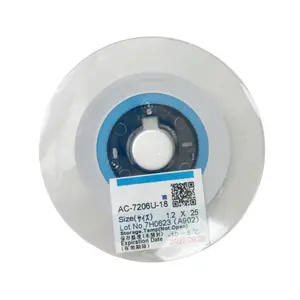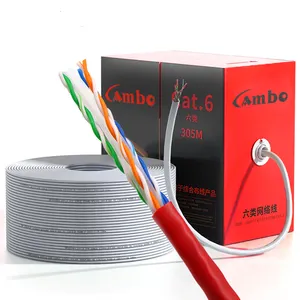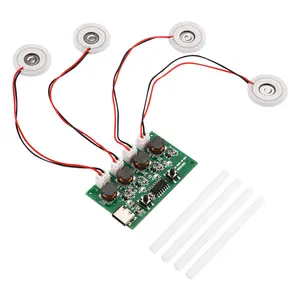Popular in your industry
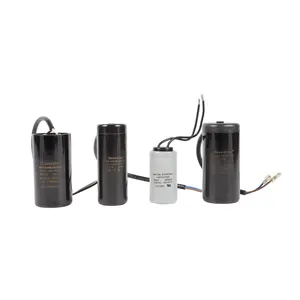






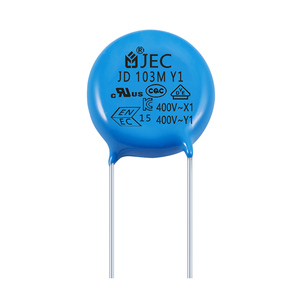








Top categories
About ceramic capacitor 225k
Understanding Ceramic Capacitor 225k
Ceramic capacitors are a staple in the electronics industry, known for their versatility and reliability. The ceramic capacitor 225k is a specific type that falls under this broad category, denoting its capacitance value. These components are essential in various electronic circuits, providing stable capacitance and minimal losses.
Types and Configurations
The 225k ceramic capacitor comes in multiple configurations, each tailored to suit different circuit requirements. Multilayer ceramic capacitors (MLCCs) are common, offering high capacitance in a compact form. Single-layer capacitors, while less dense in capacitance, provide higher voltage ratings and are beneficial in high-power applications.
Applications and Uses
The application of ceramic capacitors spans across numerous fields, from consumer electronics to industrial machinery. The 225k variant is frequently utilized in smoothing circuits, timing applications, and as part of filter networks. Its ability to operate over a wide range of temperatures makes it suitable for harsh environments.
Features and Materials
Ceramic capacitors, including the 225k capacitor, are made from a ceramic dielectric material. They are non-polarized, meaning they can be inserted into a circuit without orientation concerns. The dielectric constant of the ceramic material defines the capacitor's size and capacitance value, with higher constants allowing for smaller-sized capacitors.
Advantages of Ceramic Capacitor 225k
The 225k ceramic capacitor offers several advantages. Its small size and low inductance make it ideal for high-frequency applications. They are also known for their excellent temperature stability and low cost, which makes them a preferred choice for bulk use in manufacturing.
Selection Considerations
When selecting a ceramic capacitor, it's crucial to consider the voltage rating, tolerance, and temperature coefficient. These factors ensure the capacitor will function correctly within the intended application's parameters. It's important to match these specifications with the circuit requirements for optimal performance.
